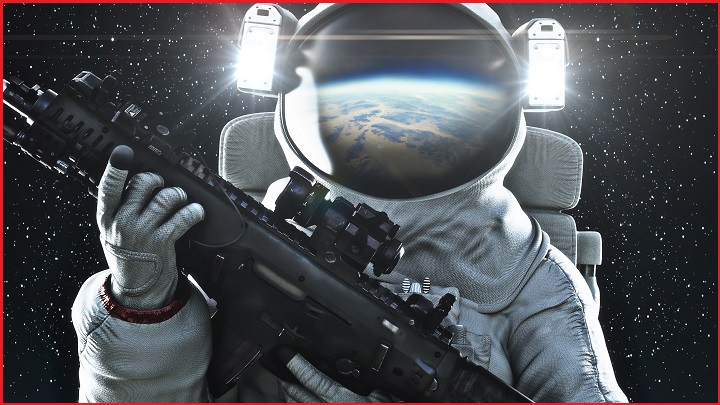Space is the next frontier for the Australian Defence Force (ADF), according to Defence Minister Peter Dutton who on Tuesday announced the formation of a Defence Space Command.
“Space is becoming more congested and is already contested, particularly as the boundaries between competition and conflict become increasingly blurred through grey zone activities,” Dutton said in a speech at an Air Force conference.
“Tellingly, more than 7,500 satellites orbit the Earth with thousands more being launched each year.
“While space is primarily a civil domain to support navigation, communication networks, financial systems, scientific enterprises, weather forecasting, and disaster response, it will undoubtedly become a domain which takes on greater military significance in this century.”
Space Command was formally established in January, according to the Australian Air Force website, and comprises members of the Air Force, Army, and Navy with Air Vice-Marshal Cath Roberts at the helm.
Dutton said the expansion of military capabilities into space was a “necessary endeavour” for national security and that it may develop into a US-style Space Force, as created by former President Donald Trump.
But for now Space Command will have, in Dutton’s words, “modest” capabilities.
Currently its purview includes advocating for “space specific priorities” among government and industry, the establishment of a training organisation for space specialists, strategic planning for space policy, and ensuring space capabilities are designed, built, and maintained according to Defence standards.
“We know that some countries are developing capabilities to threaten or degrade space networks, to target satellites, or to destroy space systems,” Dutton said.
“Countries that see space as a territory for their taking, rather than one to be shared.”
The announcement of space command comes as Russia confirmed it has attacked Ukraine using hypersonic missiles that can travel at ten times the speed of sound.
Last year, Russia conducted a first of its kind anti-satellite missile test which destroyed a Russian satellite and sent a cloud of debris hurtling around low Earth orbit.
Other nations have tested anti-satellite missile systems, but Russia is the first country to have deliberately hit a target.
With the ongoing tragic war in Ukraine heightening geopolitical tension, Dutton said space was an increasingly important domain.
“It is a domain which must be used to deter aggression, rather than become a new realm for conflict,” he said.
Dutton said Australia and US counterparts have “committed to a broad range of cooperative satellite activities” designed to improve regional space capacity.
Exactly how Space Command would go from being a preparational body to a fully-fledged Space Force raises serious questions given the existing Defence procurement strategy that recently saw the diplomatically-fraught tearing up of French submarine contracts in favour of a nuclear submarine deal with the US and UK.
Australia’s fleet of F-35 fighter jets is also shaping up to be an expensive disaster since they are unreliable and difficult to maintain, which makes training effective pilots all the more difficult.










